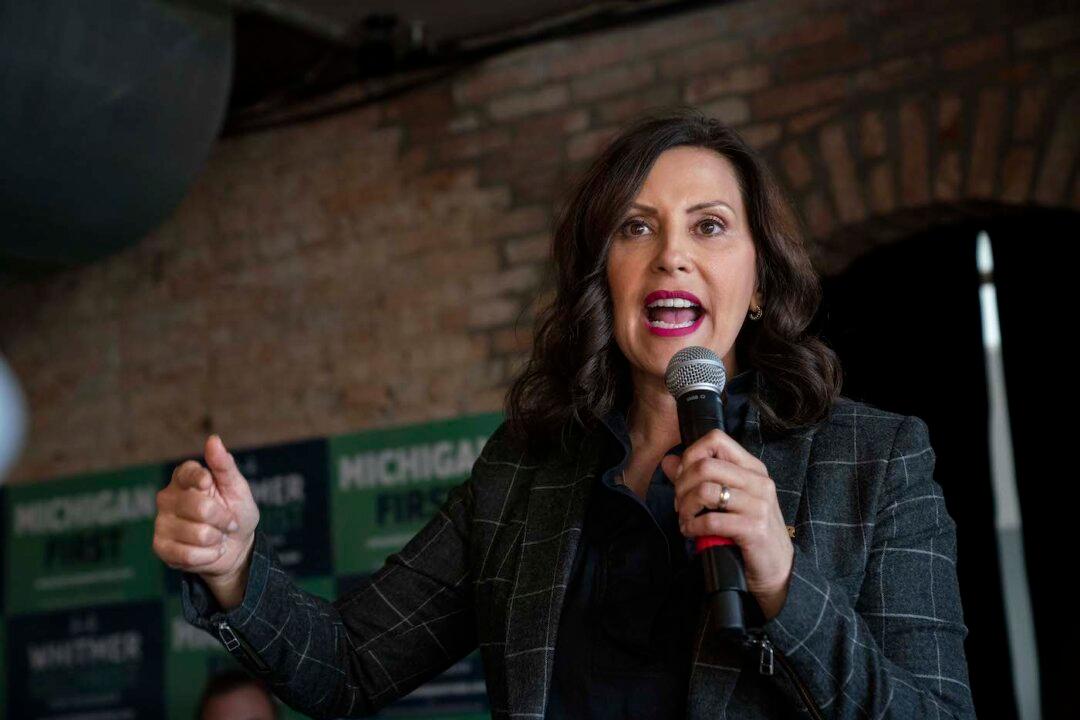Michigan Gov. Gretchen Whitmer admitted over the weekend that Democrat leadership in the state imposed more COVID-19 lockdown measures than were actually needed.
In April 2020, Whitmer issued an executive order that barred most stores from selling gardening supplies, including seeds and plants, to Americans growing their own fruits and vegetables.





